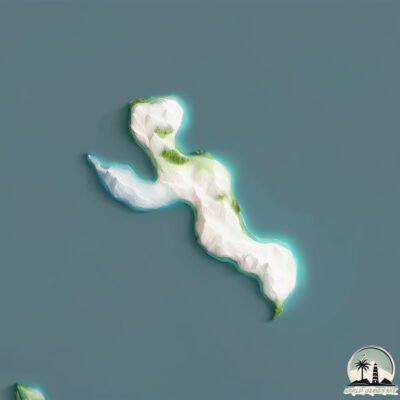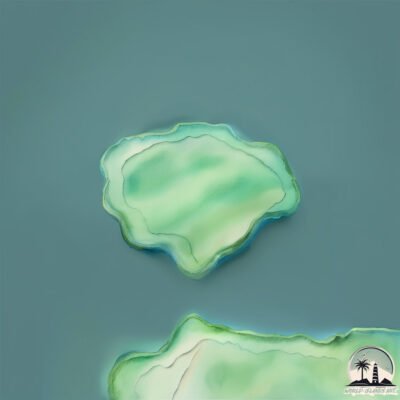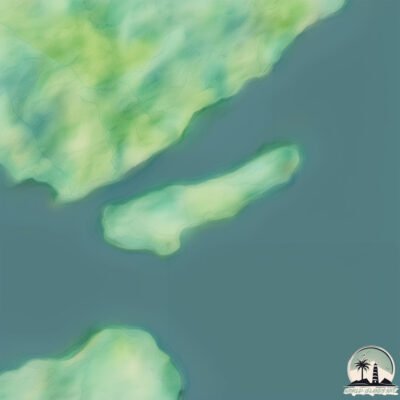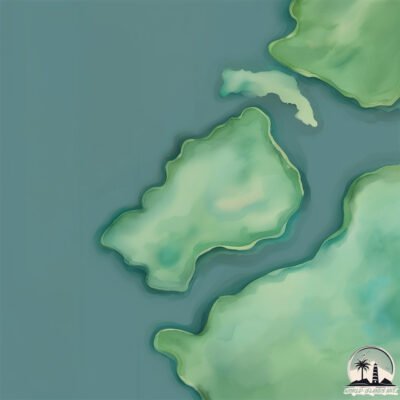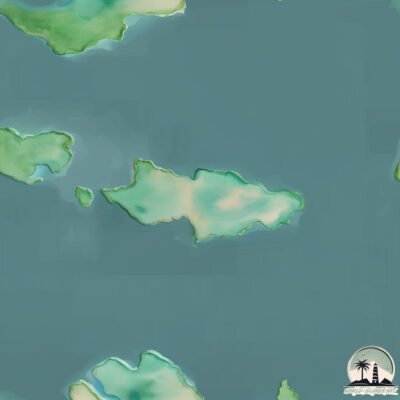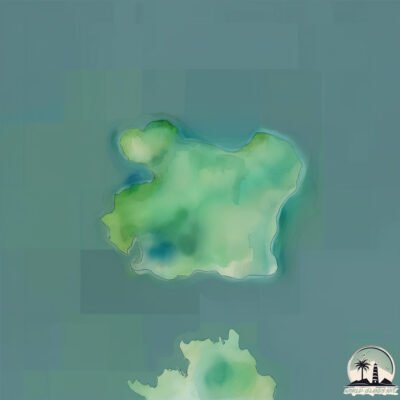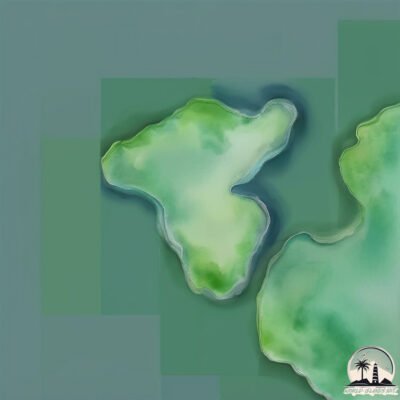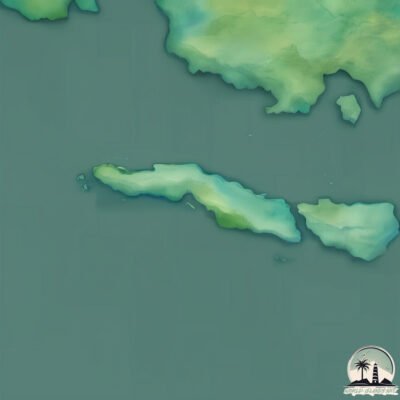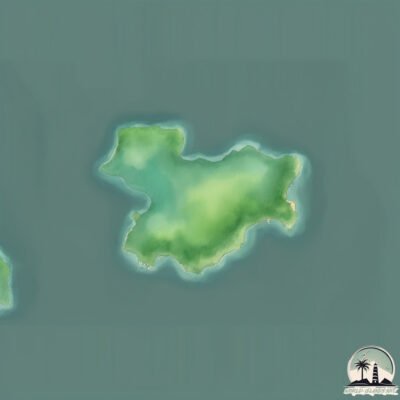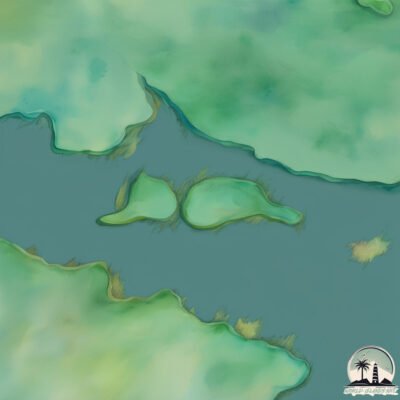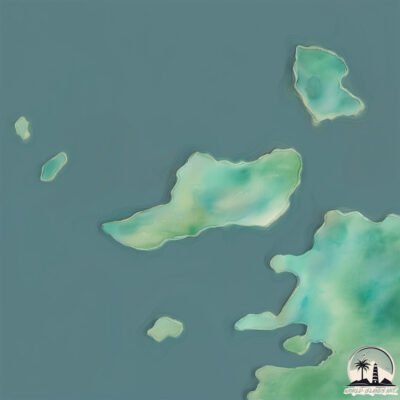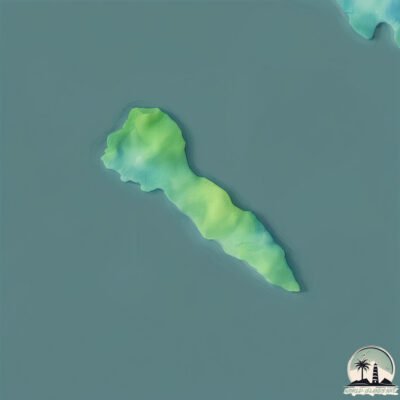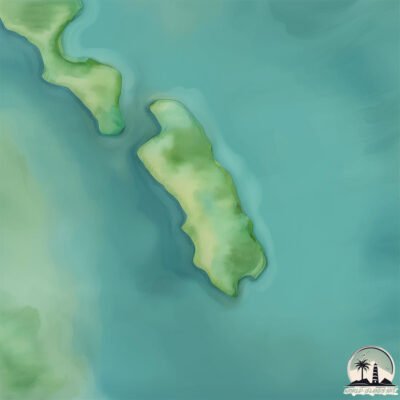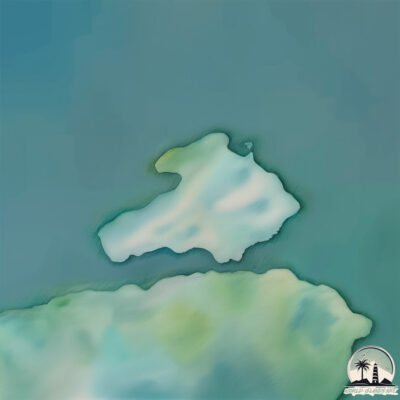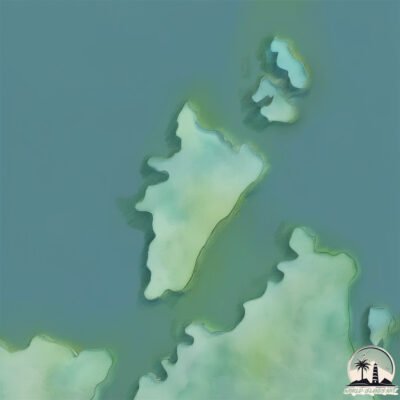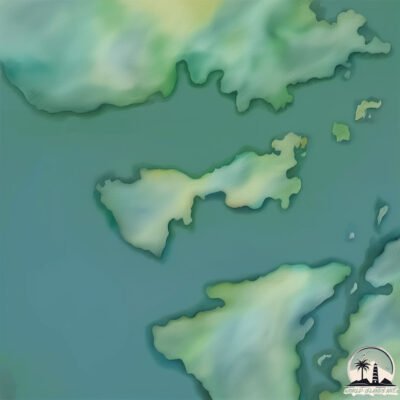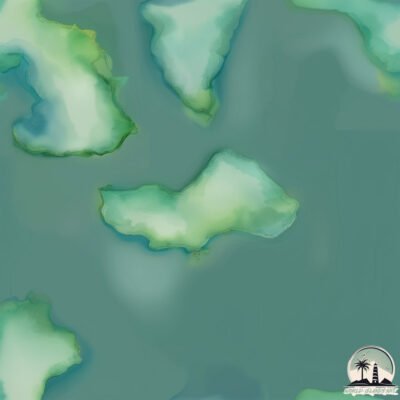Islands of Chile
Islands of Chile: A Confluence of Natural Wonders and Cultural Depth
Chile, a land of geographic extremes, is home to a remarkable array of islands, each offering a unique window into the country’s diverse landscapes and rich cultural tapestry. From the mystical Easter Island (Rapa Nui) in the Polynesian Triangle, renowned for its enigmatic moai statues and a unique Polynesian heritage, to the archipelago of Chiloé in the south, with its distinct folklore, wooden churches, and stilt houses, these islands encapsulate the essence of Chile’s natural and cultural splendor.
Easter Island, isolated in the vast Pacific Ocean, is not only a UNESCO World Heritage site but also a living museum of Polynesian culture, offering insights into the ancient and mysterious civilization that once flourished there. Its archaeological sites, traditional dances, and oral histories are profound reminders of the island’s historical significance.
Chiloé, on the other hand, represents the fusion of indigenous and colonial cultures. Its unique mythology, vibrant festivals, and the UNESCO-recognized Chiloé churches, built entirely of native timber, reflect the rich cultural and architectural heritage of the island.
Further south, the Juan Fernández Archipelago, known for its unique flora and fauna, is a biosphere reserve that inspired the classic novel “Robinson Crusoe.” The islands’ remote and pristine ecosystems make them a haven for wildlife and nature enthusiasts.

